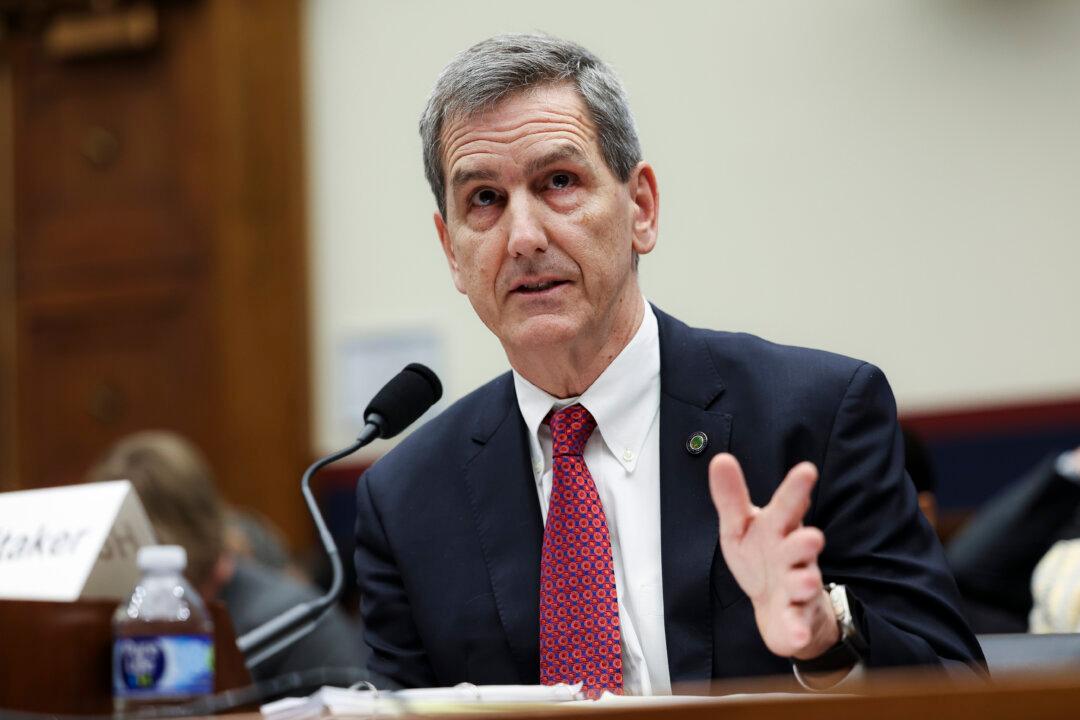Mounting concerns and whistleblower complaints about Boeing’s safety protocols have the Federal Aviation Administration (FAA) rethinking its oversight approach, the agency’s chief said on Sept. 25.
Testifying before the Senate Homeland Security and Governmental Affairs Committee, FAA Administrator Michael Whitaker said he felt the agency had been “too reactive” in its oversight of the airplane manufacturer.





